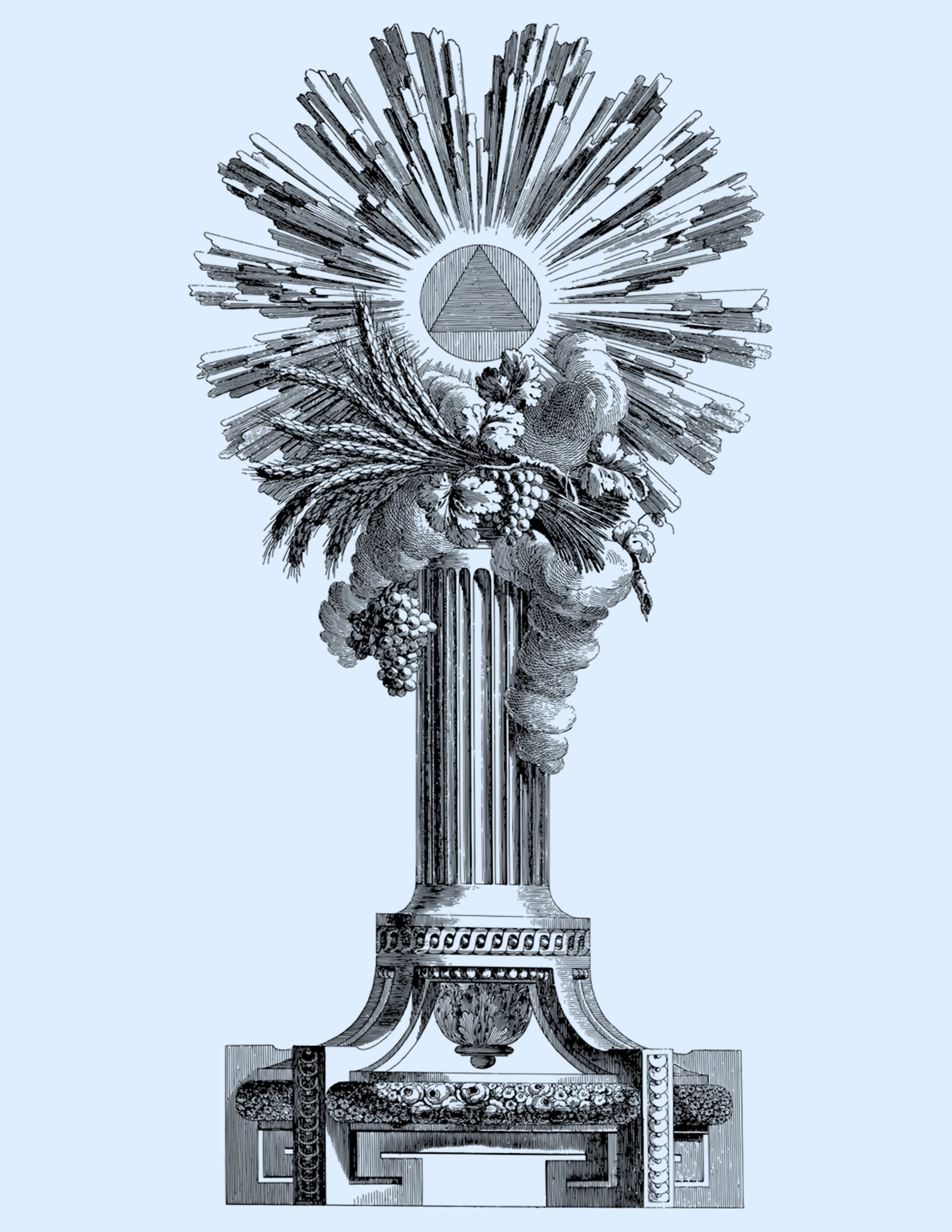 Submitted by BRENCIS CYRUS -... on
Submitted by BRENCIS CYRUS -... on

“He who has no labels
Is He who understands.”
―
Esotericism is about secret knowledge for a small group of people. Esotericism also describes mystical, spiritual of occult viewpoints. Esotericism studiesGnosticism, Yoga, Alchemy, Magic, Spiritualism, Hypnosis, Astrology, Meditation, Astrology, Meditation, Mysticism, and Occultism. . Many followers of Abrahamic faiths, particularly Christianity and Islam have criticized Esotericism as black magic. Esotericism in religion is called "obscurantism".
The term esoteric has been adopted in the spiritual community in a more philosophical sense, it is used to describe a practice or a person who seemingly has a deep knowledge of the universe and the lessons within it and actively works to connect with those things. *
Esotericism can also be about understanding symbolism and hidden meanings of many different books. They include religious books,philopsophy books and books about history. They use these books as their texts. **
Esotericism is a multi-disciplinary field of spiritual knowledge contained within all religions which concerns the principles and qualities of magic and mysticism. No matter what religion (Christianity, Islam, Hinduism, etc.), all spiritual paths have an esoteric aspect that focus on an interpersonal relationship with God, Spirit, the Divine, etc. In essence, all religion has two components within its make-up, regardless of denomination: the exoteric and esoteric. The exoteric aspect is the more public persona of a spiritual practice: its community, rituals, and liturgic practices. The esoteric side of a religion regards the inner world, the more intimate and arcane elements.
Pinpointing an exact definition of esotericism is difficult. However, an understanding can be reached by defining its two main components: mysticism and magic.
MYSTICISM
One of the most notable scholars of esotericism in the 20th Century, Manly P. Hall, wrote about mysticism in his work The Mystical Christ:
"Mysticism is not a sect or creed; it is a conviction, deriving its authority from the natural instincts of the human heart. [...] Mysticism teaches the imminent availability of the divine power. It transforms, by a process of interpretation, all doctrines from codes into qualities of conviction." (p.1, 8)
What Hall is saying is that mysticism removes the hierarchy of institution in an organized religion and makes the religious experience personal. Mysticism denotes that a true spiritual walk should not be based on formalities, but on one's passion for connection with the Divine. Through that, a life of conscience can blossom; rather than the other way around.
MAGIC
When one hears the word "magic," the mind is likely to conjure images of Merlin the wizard shooting fireballs from his hands. As entertaining as that picture is, it is far cry from the actual application of magic in the esoteric disciplines. To paraphrase many of the most renowned magicians in history (Dion Fortune, W.E. Butler, Aleister Crowley, etc.) magic is simply the art of causing changes in consciousness at will. So, in many ways, there is nothing supernatural about it. In essence, magic is a system that, through symbols and ritual, speaks to the human subconscious mind and produces a deliberate change in perspective, action, and/or both in the conscious mind. Some could even say magic is an advanced form of psychology; in fact, its techniques have been utilized by psychoanalysts for over a century, including in the acclaimed Carl Jung.
TERMINOLOGY
Now, sometimes the word "esotericism" is used in conjunction with or synonymous to the word "occult." Unfortunately the usage of the term "occult" has been bastardized over time and is now commonly referred to connotations of Devil-worship or malignant cults. This could not be further from reality.
The word "occult" comes from the Latin word occultus which means "hidden" or "secret." It was originally used to describe that area of knowledge that dealt with the hidden realities, i.e. - the spiritual reality of God. This is because God as we know it is invisible, remains hidden, and any knowledge of God is considered "hidden" knowledge. This is the foundation of so-called "secret societies;" they do not retain secrecy in support of conspiracy against their fellow man, but to protect the fragile body of spiritual knowledge that they so practiced. ***
Many people today like to call themselves Western Esotericists. What does that entail?
Western esotericism is an umbrella term for a discipline which is hidden behind such terms as ‘gnostic, ‘hermeticism’, ‘alchemy’, ‘astrology’, ‘magic’, ‘theosophy’, ‘mysticism’, ‘occultism’, or ‘esotericism’. Located on the boundary of religion, philosophy, the arts, and natural sciences, is a diverse grouping of historical currents, ideas, and practices which have been banished to the margins of Western culture. In a sense it is a unique specialism. ****
A word about Esoteric Christianity –
Esoteric Christianity is an approach to Christianity which features "secret traditions" that require an initiation to learn or understand. The term esoteric was coined in the 17th century and derives from the Greek ἐσωτερικός (esôterikos, "inner").
These spiritual currents share some common features, such as heterodox or heretical Christian theology; the canonical gospels, various apocalyptic literature, and some New Testament apocrypha as sacred texts; and disciplina arcani, a supposed oral tradition from the Twelve Apostles containing esoteric teachings of Jesus the Christ.
Esoteric Christianity was closely related to Gnosticism, and survives in a few modern churches. *****
* https://theselfcareemporium.com/blog/what-are-esoteric-practices
**https://simple.wikipedia.org/wiki/Esotericism
*** https://www.danielmolerweb.com/single-post/2017/04/14/what-is-esotericism
**** https://www.uva.nl/en/discipline/religious-studies/western-esotericism/article.html?cb
***** https://en.wikipedia.org/wiki/Esoteric_Christianity
- 833 reads